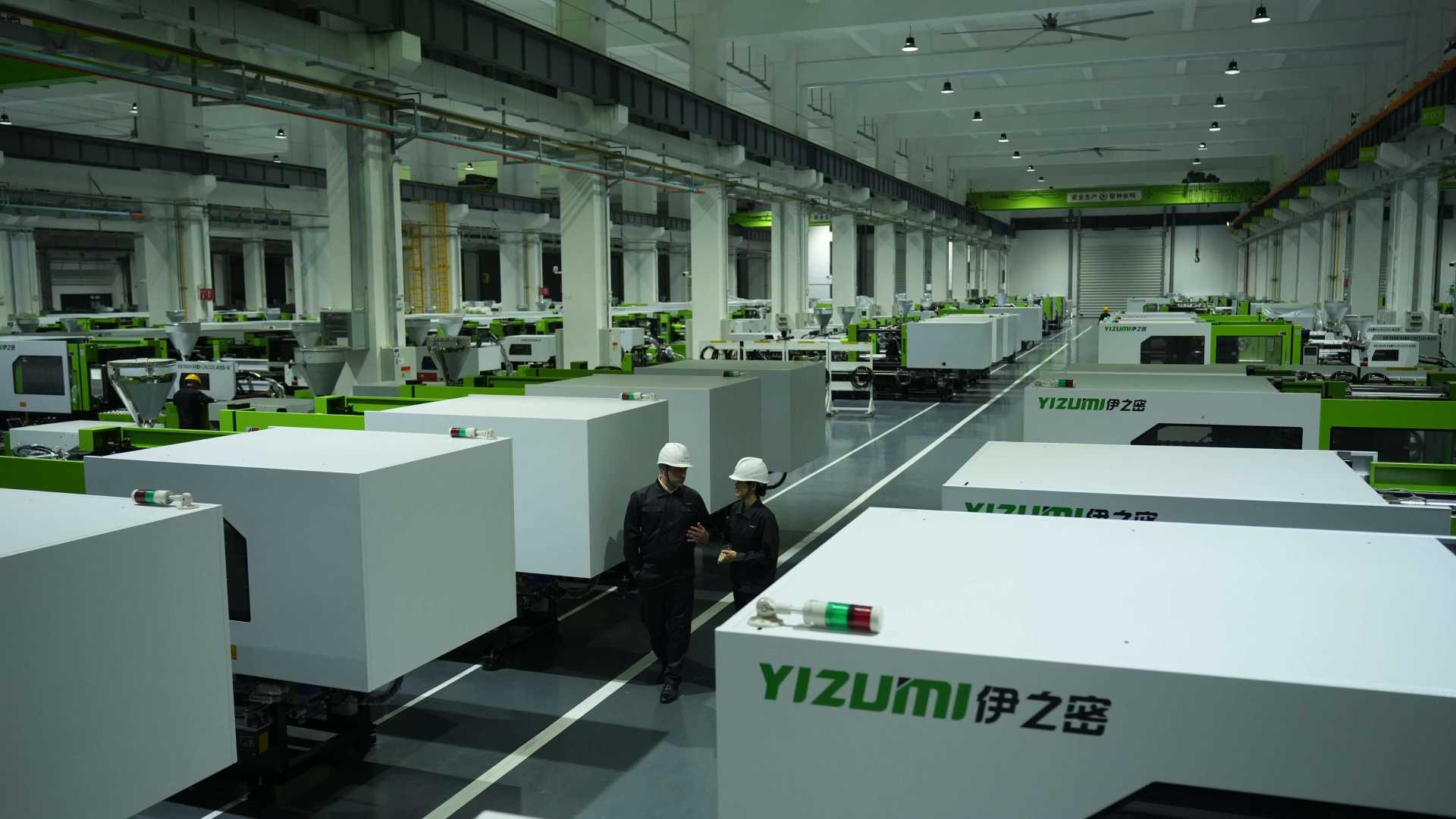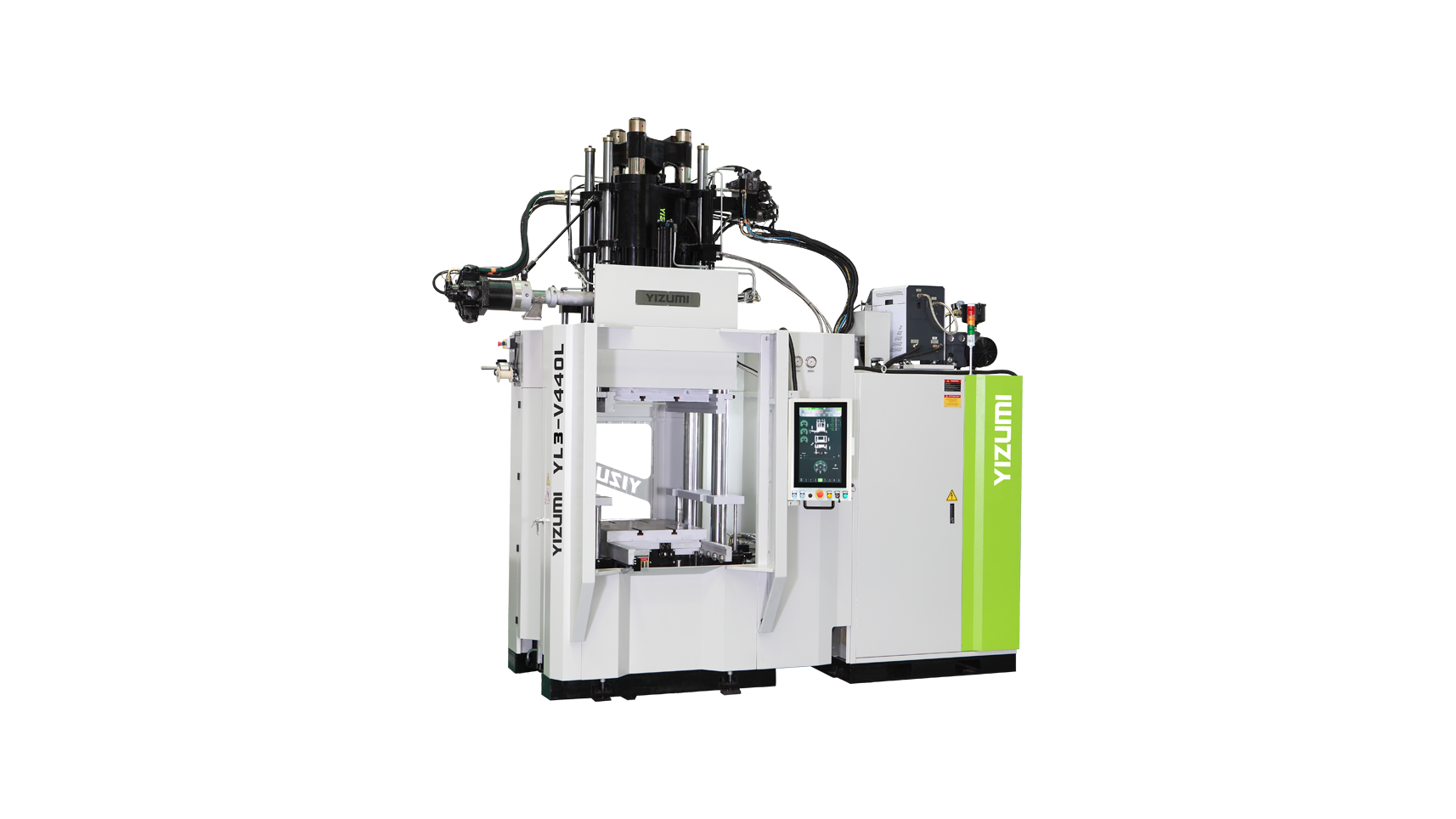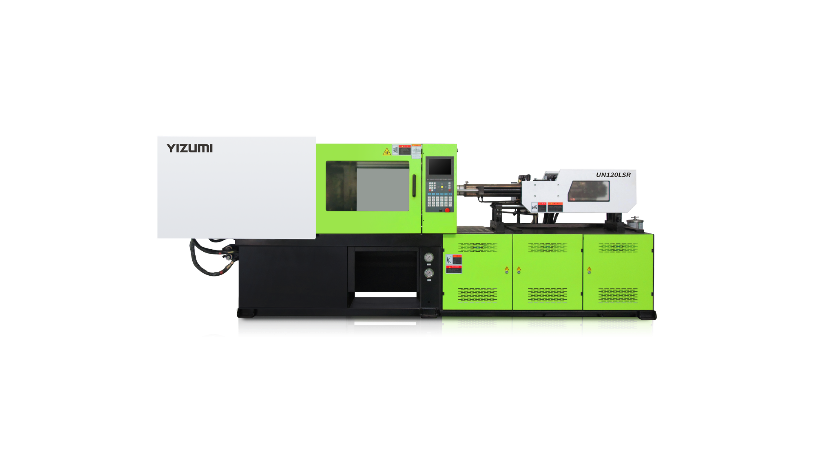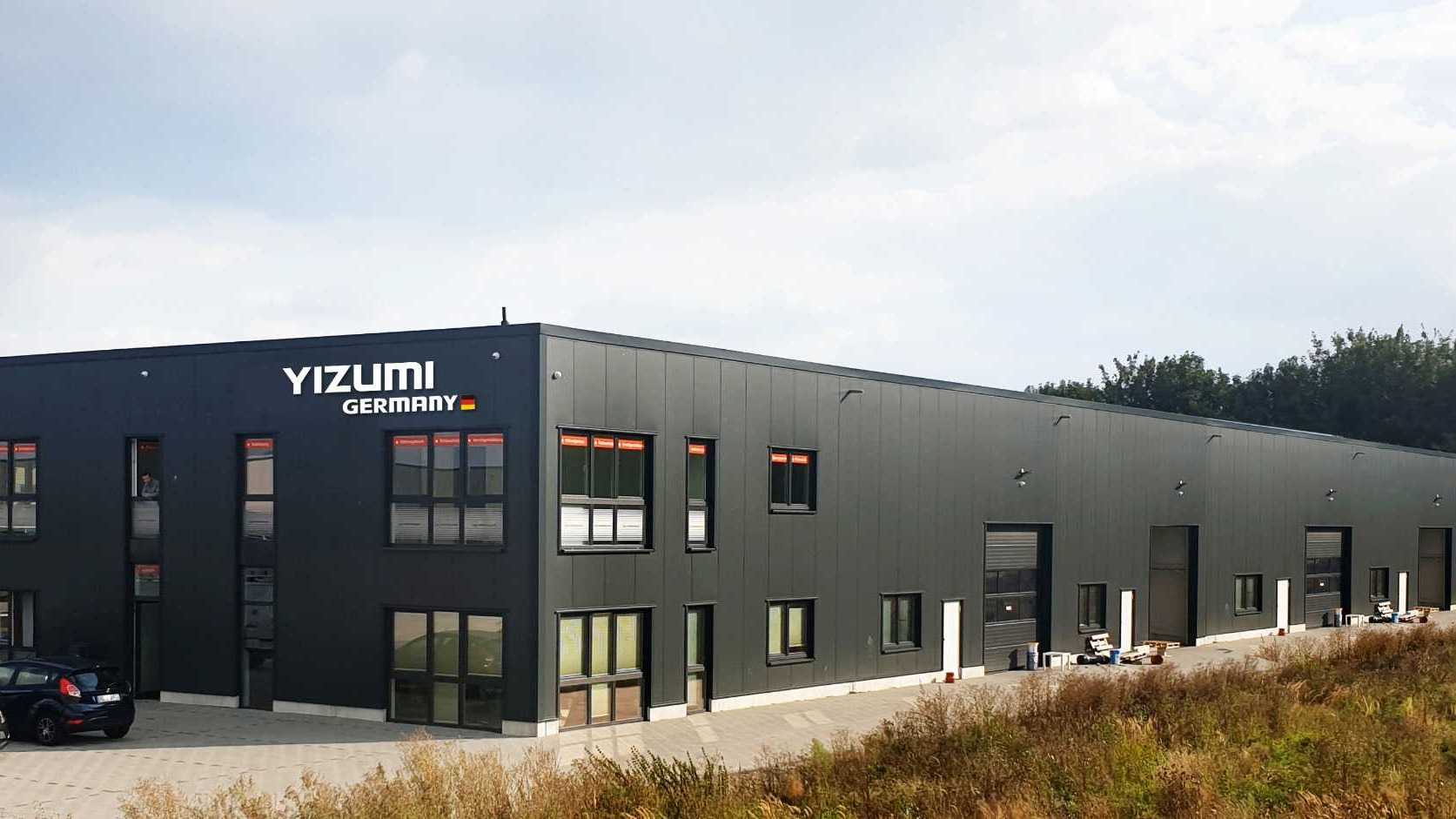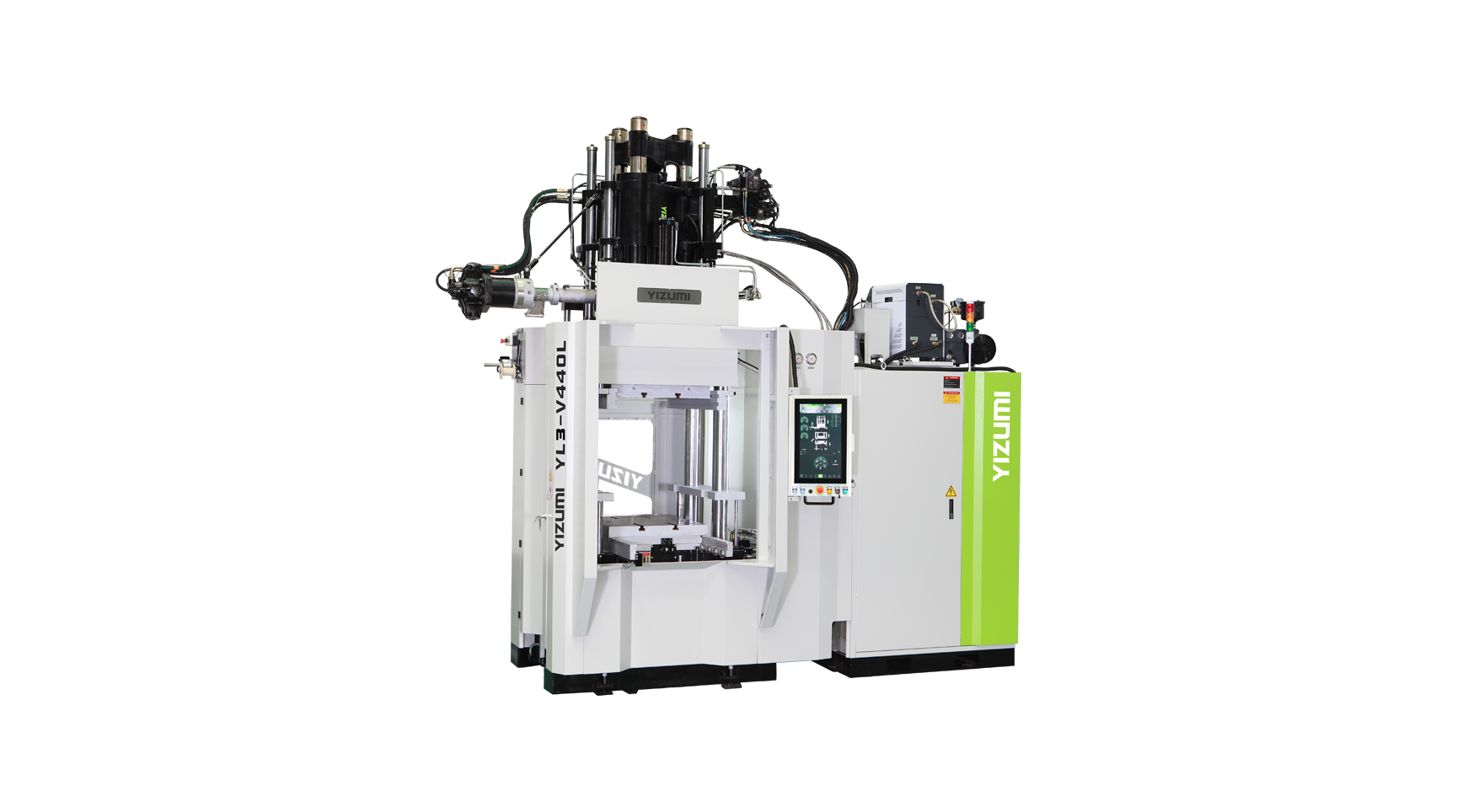Advanced Rubber Injection Machines: Custom Rubber Parts Manufacturing
Abstract:
Rubber injection machines have become essential for manufacturers aiming to deliver high-quality rubber components with consistent performance and tight tolerances. YIZUMI, a leading Chinese manufacturer of high-end rubber injection machines, offers advanced solutions tailored to the demands of modern rubber parts manufacturing.
In the ever-evolving manufacturing landscape, precision and efficiency are paramount—especially when it comes to custom rubber parts production. Rubber injection machines have become essential for manufacturers aiming to deliver high-quality rubber components with consistent performance and tight tolerances. YIZUMI, a leading Chinese manufacturer of high-end rubber injection machines, offers advanced solutions tailored to the demands of modern rubber parts manufacturing.
1. Understanding Rubber Injection Machines
Rubber injection machines are specialized equipment designed to process raw rubber material into precise, durable parts by injecting plasticized rubber into molds under controlled pressure and temperature. This process differs from traditional compression molding by offering faster cycle times, better repeatability, and superior part quality.
These machines support a variety of rubber compounds—including silicone, EPDM, nitrile, and natural rubber—making them versatile for automotive, medical, electronics, and industrial applications.
Horizontal Rubber Injection Molding Machine
2. Why Advanced Rubber Injection Machines Matter
The global demand for custom rubber parts is rising rapidly, driven by sectors requiring parts with strict specifications and performance criteria. Using advanced rubber injection machines offers multiple advantages:
Precision Manufacturing: Modern machines ensure uniform material flow and consistent molding, minimizing defects.
Reduced Cycle Times: Faster injection and cooling phases enable higher output without sacrificing quality.
Material Efficiency: Optimized injection pressure and temperature reduce material waste.
Complex Part Capabilities: Advanced injection controls allow molding of intricate geometries and multi-layered parts.
Automation Ready: Integration with robotics and automation enhances productivity and reduces labor costs.
YIZUMI’s rubber injection machines incorporate the latest hydraulic and electric technologies, providing customers with reliable, energy-efficient equipment that meets international standards.
3. Benefits of Using Injection Molding for Custom Rubber Parts
Using advanced rubber injection machines for custom rubber parts manufacturing delivers several compelling advantages that directly impact product quality, production efficiency, and overall cost-effectiveness. Here are the key benefits in greater detail:
Consistent and Superior Quality
Rubber injection machines provide precise control over critical process parameters such as temperature, pressure, and injection speed. This level of control ensures that every custom rubber part meets exact specifications with minimal variation. Consistency reduces defects like voids, flash, or incomplete fills, which are common in manual or less automated molding methods. The result is reliable performance and longer service life of rubber components, essential in demanding applications such as automotive seals or medical devices.
High Production Efficiency and Faster Cycle Times
Rubber injection molding machines are engineered for rapid injection and efficient curing cycles, significantly shortening production times compared to traditional compression or transfer molding. Fast cycle times enable manufacturers to produce larger volumes in less time without compromising quality. This efficiency is especially beneficial for businesses responding to fluctuating market demands or tight delivery schedules, enabling quicker time-to-market for new products.
Intelligent Rubber Injection Molding Solutions
Complex Geometries and Enhanced Design Flexibility
One of the biggest advantages of injection molding over other rubber forming methods is the ability to produce highly intricate shapes with tight tolerances. Advanced injection machines can handle multi-layered parts, overmolding, and multi-durometer components (parts with varying hardness levels in different sections), offering manufacturers remarkable design freedom. This flexibility enables innovative, custom parts to fit specific functional requirements or aesthetic preferences without incurring additional assembly costs.
Material Efficiency and Waste Reduction
Injection molding minimizes material waste by precisely injecting only the required amount of rubber into the mold cavity. Unlike compression molding, which often requires excess material trimming, rubber injection machines reduce scrap rates, lower raw material costs, and support sustainable manufacturing practices. Furthermore, energy-efficient hydraulic and servo systems in modern machines contribute to lower operational expenses, aligning with green manufacturing goals.
Improved Labor Productivity and Automation Potential
Modern rubber injection machines are compatible with automation solutions such as robotic part removal, feeding, and quality inspection. Automating these steps reduces human error, enhances safety, and allows operators to focus on process optimization rather than repetitive manual tasks. For manufacturers aiming to scale up production or maintain consistent quality over long runs, integrating automation with injection molding machines is a strategic advantage.
Rubber Injection Machines For Automation Applications
Better Part Consistency for Regulatory Compliance
Industries such as medical, automotive, and aerospace often require strict adherence to regulatory standards. Rubber injection molding offers repeatable process control, which is essential for meeting these rigorous quality standards. Consistent curing and material distribution ensure parts reliably perform under specified conditions, reducing risks during product certification and approval.
Scalability for Diverse Production Needs
Whether manufacturing low volumes of highly specialized parts or high-volume runs of standard components, rubber injection machines offer scalable solutions. Their flexibility in mold changeover and adjustable process parameters allows manufacturers to efficiently switch between different product lines, supporting diverse customer needs without extensive downtime or cost penalties.
4. Applications of Custom Rubber Parts Made by Injection Molding
Rubber injection molding is widely adopted across industries for its versatility and precision. Some typical custom rubber parts produced include:
Automotive Components: Seals, gaskets, vibration dampers, and weather stripping.
Medical Devices: Tubing, seals, and flexible components with strict hygiene standards.
Electronics: Keypads, connectors, and insulation parts.
Industrial Machinery: Custom seals, shock absorbers, and protective covers.
Each application demands specific material properties and tight tolerances, which YIZUMI’s advanced rubber injection machines are designed to handle.
Rubber Molding Machine For Transformers
5. How to Choose the Right Rubber Injection Machine
Selecting the optimal rubber injection machine depends on various factors:
Part Size and Complexity: Larger or more intricate parts may require machines with higher tonnage and advanced injection systems.
Material Compatibility: Ensure the machine supports the rubber compound's processing requirements.
Production Volume: For high-volume runs, machines with automation features increase efficiency.
Energy Consumption: Consider machines designed for energy efficiency to reduce operational costs.
Service and Support: Opt for suppliers with strong after-sales support and readily available spare parts.
YIZUMI offers a range of rubber injection machines to fit diverse manufacturing needs and provides expert consultation to help customers choose the best model.
6. Future Trends in Rubber Injection Molding Technology
The rubber injection molding industry is embracing innovations to meet stricter regulations and customer demands:
Industry 4.0 Integration: Smart machines with IoT connectivity enable real-time monitoring and predictive maintenance.
Green Manufacturing: Energy-efficient machines and recyclable materials are gaining importance.
Advanced Materials: New rubber compounds with enhanced properties require adaptable injection technologies.
Automation Expansion: Greater use of robotics for part handling and quality inspection reduces human intervention.
YIZUMI continues to invest in R&D, ensuring its rubber injection machines stay at the forefront of these advancements.
YIZUMI Rubber Injection Molding Solutions
Conclusion
Advanced rubber injection machines are critical for manufacturers seeking precision, efficiency, and consistency in custom rubber parts production. YIZUMI’s high-end rubber injection machines combine cutting-edge technology with robust design to meet the global demand for quality rubber components.
Ready to take your manufacturing to the next level? YIZUMI’s cutting-edge injection molding machines are engineered to boost efficiency, cut production costs, and deliver precision-crafted rubber parts that exceed industry standards. Explore how YIZUMI can revolutionize your production line today: YIZUMI Injection Molding Machines
* Learn more about our advanced rubber injection technology and turnkey solutions at www.yizumi.com
Rubber Injection Machines FAQs
1. What is a rubber injection machine?
A rubber injection machine is specialized equipment used to inject heated rubber material into molds under controlled pressure and temperature. It enables the efficient production of high-quality rubber parts with consistent dimensions and performance.
2. How does rubber injection molding differ from compression molding?
Rubber injection molding injects raw rubber into a closed mold under pressure, allowing for faster cycle times and more precise control. Compression molding involves manually placing raw rubber into the mold and then compressing it, which can be slower and less consistent.
3. What types of rubber materials can be processed with injection machines?
Rubber injection machines can process a wide range of materials, including silicone, EPDM, nitrile, natural rubber, and specialty elastomers, depending on the machine’s specifications and temperature controls.
4. What industries benefit most from custom rubber parts made by injection molding?
Automotive, medical, electronics, aerospace, and industrial equipment sectors heavily rely on custom rubber parts manufactured with injection molding due to the process’s precision, repeatability, and ability to produce complex designs.
5. Can rubber injection machines handle complex part designs?
Yes. Advanced rubber injection machines allow manufacturers to produce parts with intricate geometries, multi-layer structures, and varying hardness levels, enabling greater design flexibility and customization.
6. How do I choose the right rubber injection machine for my production needs?
Consider factors like the size and complexity of your parts, production volume, material compatibility, energy efficiency, and available technical support. Consulting with manufacturers like YIZUMI can help identify the best machine for your specific requirements.
7. What are the main benefits of using rubber injection machines for custom parts manufacturing?
Key benefits include consistent quality, faster production cycles, material efficiency, reduced labor costs, design flexibility, and scalability for different production volumes.
8. Is automation compatible with rubber injection machines?
Yes, modern rubber injection machines can be integrated with robotic systems for part handling, quality inspection, and feeding, improving efficiency and reducing manual labor.
